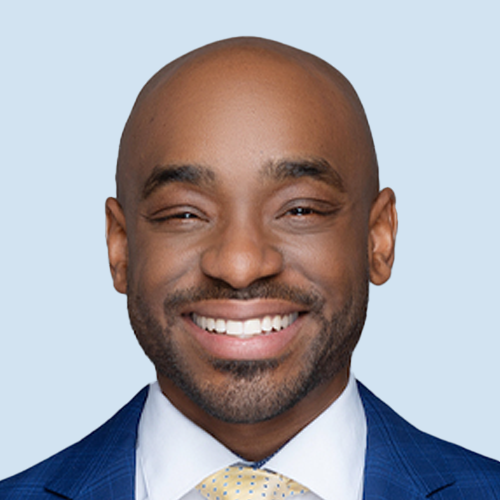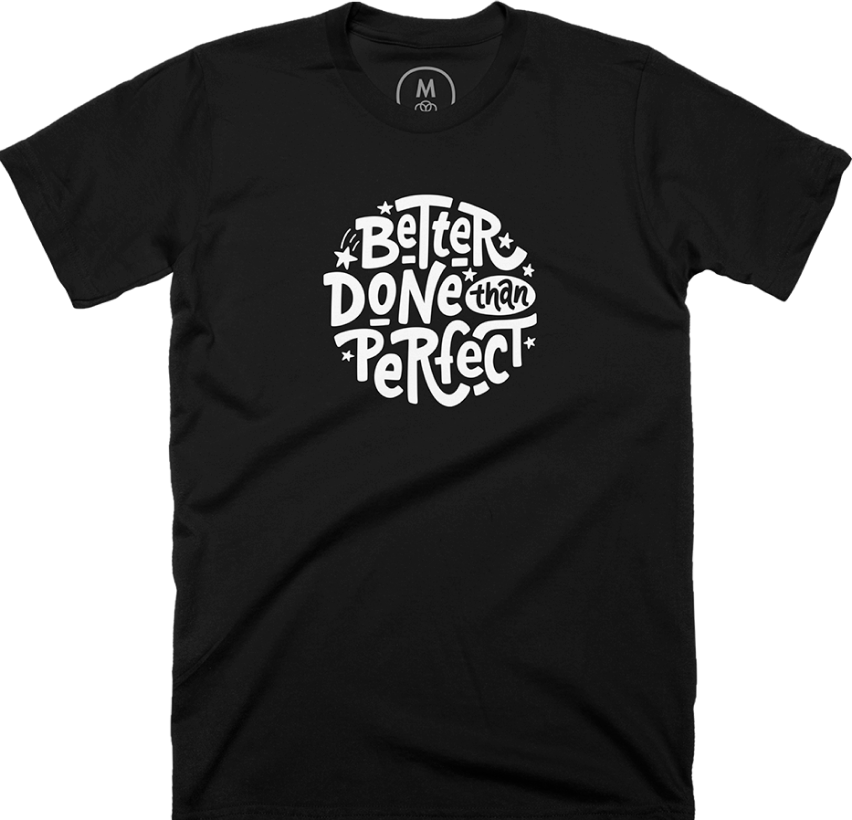Chris L. Davis, marketing automation consultant and founder of Automation Bridge, has spent years in the marketing automation field across several roles before refocusing his consultancy into a training business. After starting his career as an engineer, he had a false start at making money online for himself when engineering soured.
Without a strategy, his first attempt at the business didn’t pan out. Afterward, he spent time growing with the teams at Leadpages and ActiveCampaign. With experience from these roles and with newfound importance around automation strategy and frameworks, Chris now teaches marketers to become an Automation Service Provider™. At Automation Bridge, Chris is currently increasing the visibility and the self-serve nature of his training.
The right title for the job
Jane asks about the name that Chris assigns to this role because there is often confusion about whether the role is a marketer, someone more technical, or something in between. He started using the title Automation Service Provider™ after his own frustration while lacking a definitive term. He says:
“It was great because it was agnostic. I didn’t want something tied to a tool or tied to a particular industry. It’s a title that encompasses a digital marketing professional that says, ‘I want to go deeper with my digital marketing skills and create a career doing automation.’”
Chris differentiates this role from that of a digital marketer — a digital marketer handles more basic, everyday marketing tasks while the skills of the specialized role enable businesses to scale:
“This role ensures that the system we build today can scale tomorrow.”
Those who do best in Chris’s training are analytical, strategic, and process-oriented thinkers. He sees engineers, software developers, and digital marketers do well, so long as they are interested in marketing beyond simply the setup of landing pages and funnels.
Mentorship and training concepts
Between roles at Leadpages and ActiveCampaign, Chris was designing his own mentorship program. In creating that program, he narrowed in on a curriculum and a process that could transform someone that was building their first landing page into a proficient digital marketer and more.
The first concept that he teaches is basic business modeling:
“This is not an MBA program, but you need to understand the mechanics that go into a business operation from revenue generation to client acquisition, and how you’re going to approach both of those in a way that makes your business sustainable.”
After that, it’s onto process extraction where Chris uses a framework to teach how to distill the sets of processes that a business follows.
Following process extraction, he will then move on to segmentation and visual process mapping. The process mapping is critical:
“It is the most important skill set that I have to train people and the most valuable because that’s where all your problems are solved.”
After mapping is complete, Chris turns to the technical implementation side in a step he calls “tech-mating”:
“It’s marrying technology and process so that they work synchronously to give me the information that I need and to pass the information to other tools at the same time.”
After all of that pre-work is done, and only after these steps are completed, Chris says he finally moves to automate the process execution and measure the results.
Customer data considerations
Jane describes the steps that Userlist follows and clarifies where Chris brings in the customer data. In his curriculum, that falls under the segmentation, mapping, and typically surfaces concerning CRM:
“We’re thinking about tags, custom fields, lists, events, and automations. There are various ways that you can store information. We don’t just collect it. We also have to understand how it’s stored because how it’s stored determines how we can pull it and retract it.”
Final advice
Do seek out mentorship and coaching.
“When I was at Leadpages I had to figure it out. I didn’t have mentors to show me, and I cannot tell you how many mistakes I was nervous about making.”
Don’t rush to start without a plan.
“Do not just start building anything. I don’t care if it’s as simple as a landing page in MailChimp, Do not. Take the time. Pause. Extract the process, map it out first.”
Thanks for listening! If you found the episode useful, please spread the word on Twitter mentioning @userlist, or leave us a review on iTunes.


